REPORTS FROM THE EXPERTS SHAPING GLOBAL POLICY
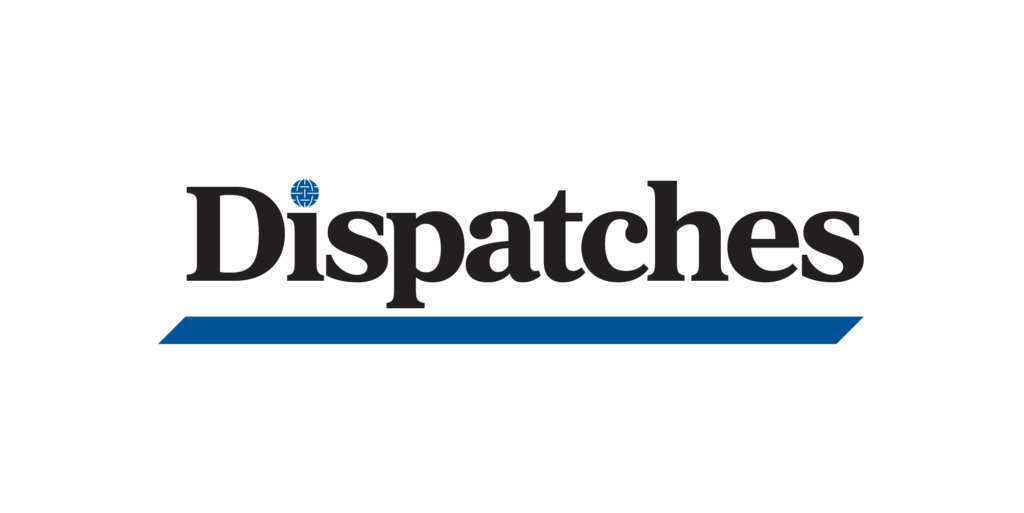
Drawing on the wide-ranging, unparalleled expertise across the Atlantic Council’s programs and centers, our new flagship section brings you relevant, authoritative insight on the world’s most important issues at speed and in depth.
A new way to stay informed
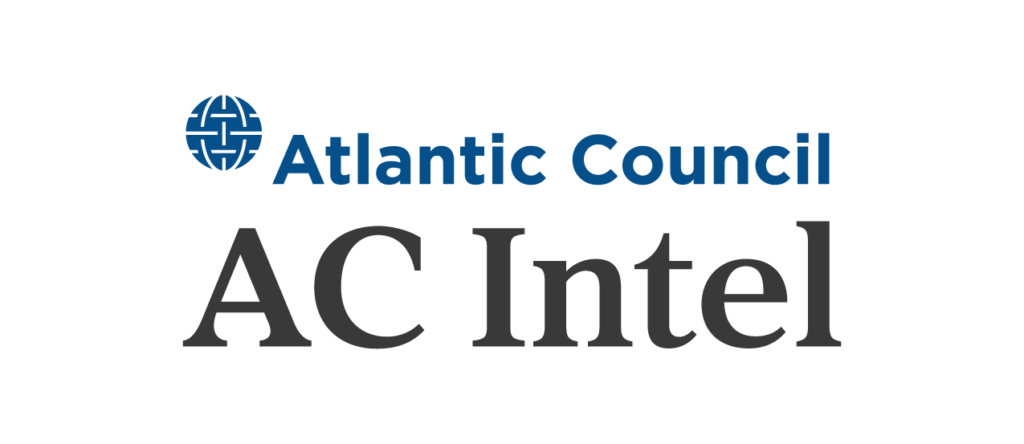
With AC Intel, the Atlantic Council’s daily newsletter, you can get exclusive insight on breaking news, in-depth research on the world’s defining challenges, and top moments from our high-level events in your inbox each day.
We are on WhatsApp

Join our channel today
No algorithm, no filters! All the world-class analysis from the Atlantic Council on your phone.
Your new favorite podcasts
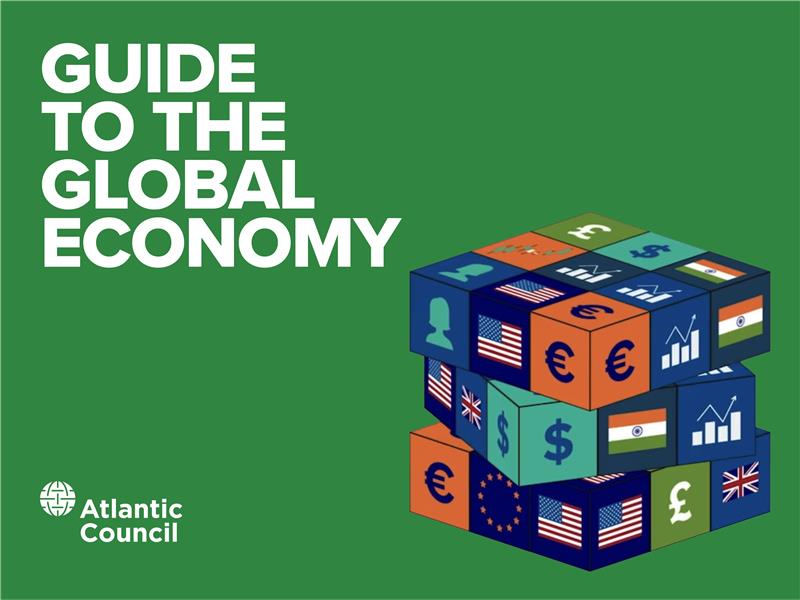
Guide to the global economy
From elections to conflicts to markets, economics is part of everything. And now, you don’t have to be an economist to understand how. Whether you live and breathe economics or barely survived it in college, this is the podcast for you.
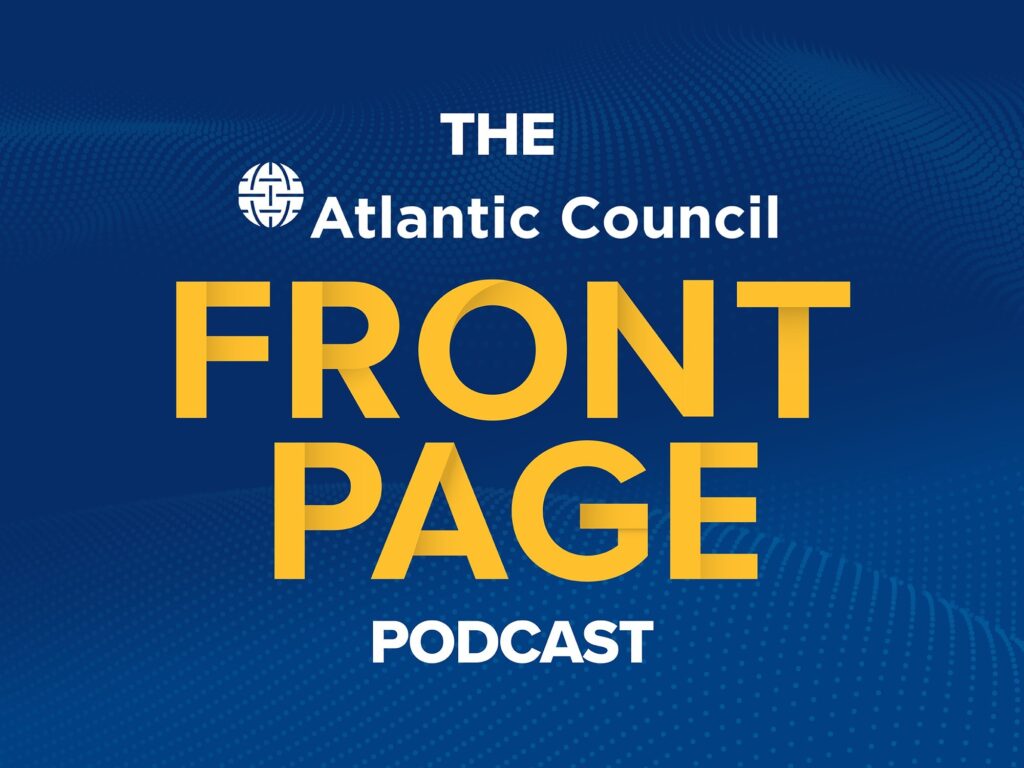
The AC Front Page Podcast
Newsmakers. Big ideas. Global impact. The AC Front Page Podcast delivers high-level conversations with global leaders shaping the global agenda.
Spotlight
Featured project
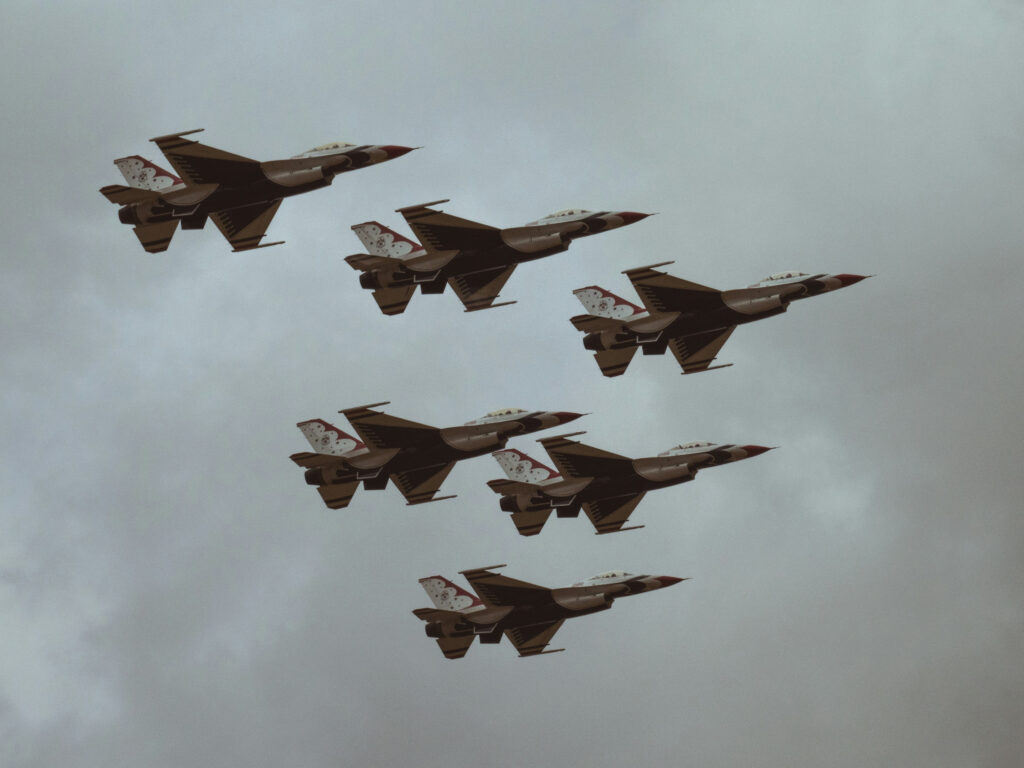
Reimagining European Defense and Innovation Task Force
At this inflection point for the transatlantic alliance, the Atlantic Council is establishing a task force to provide recommendations to boost industrial capacity and collaboration between Europe and the United States.
Featured interactive
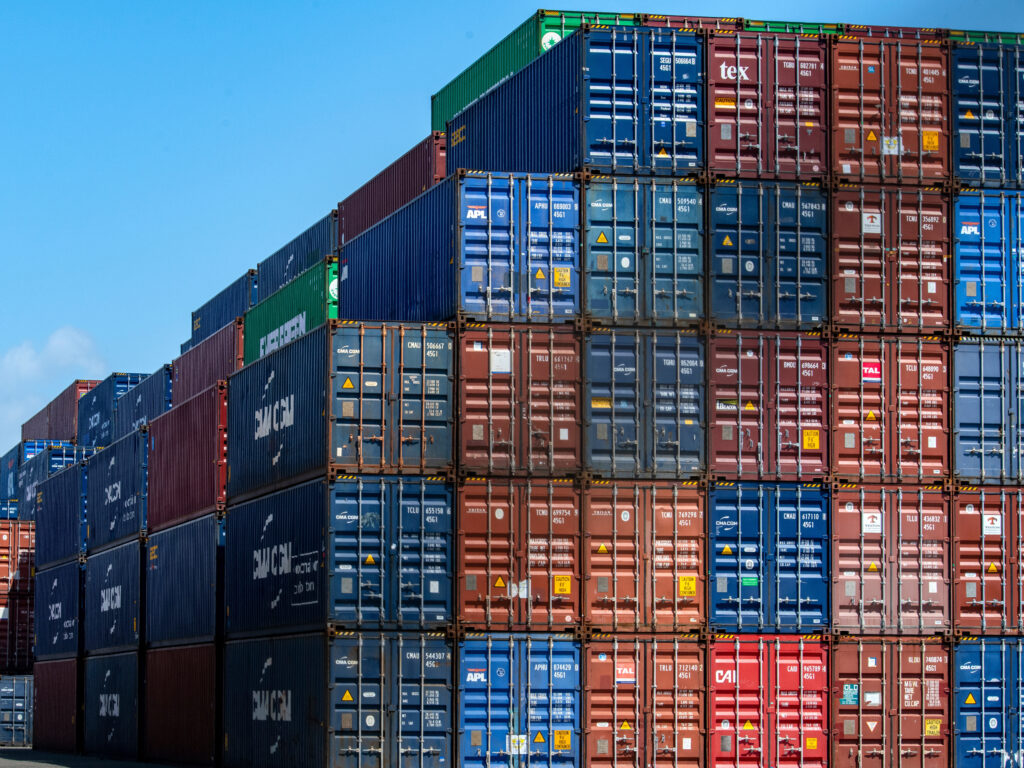
Trump Tariff Tracker
The second Trump administration has embarked on a novel and aggressive tariff policy to address a range of economic and national security concerns. This tracker monitors the evolution of these tariffs and provides expert context on the economic conditions driving their creation—along with their real-world impact.
Support the Atlantic Council
Over the past six decades, the Atlantic Council has grown in scope and ambition in ways its founders couldn’t have imagined. We recognize that this growth wouldn’t be possible without you as a partner, and we are grateful for your generosity to the Atlantic Council. Our work, however, is just getting started—and we need your help to sustain it.
If you would like to join us in shaping a better world, please support our work and donate today.
Watch ACTV
Our impact
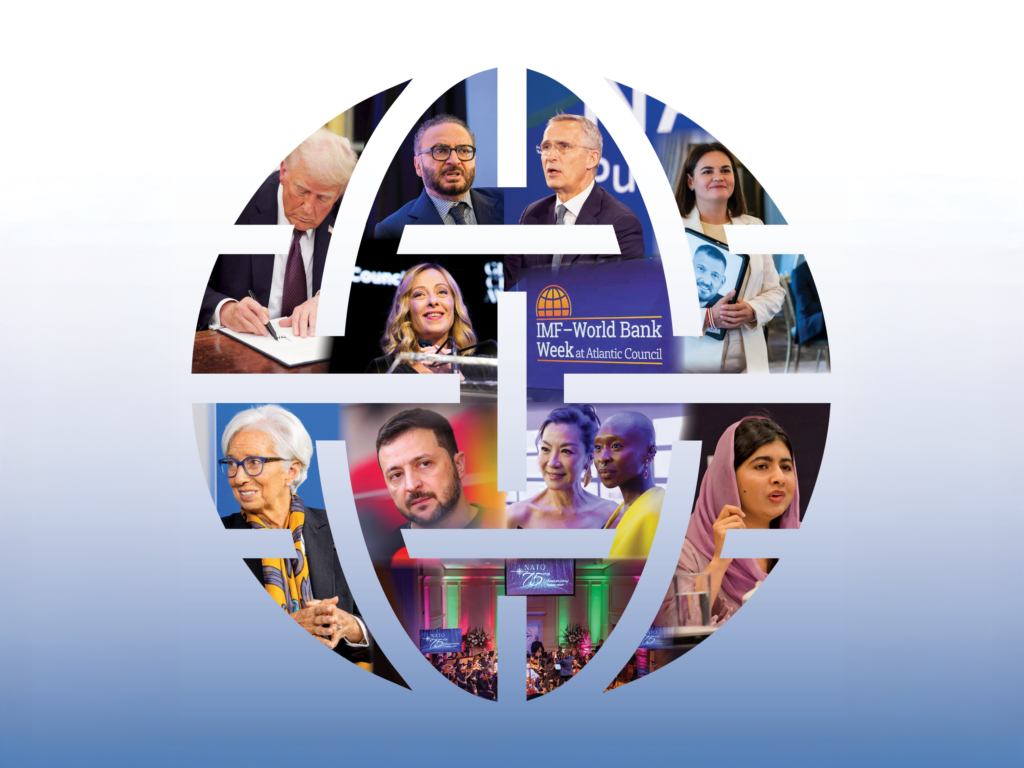
2024/2025 Annual Report
Through the work it publishes, the ideas it generates, the future leaders it develops, and the communities it builds, the Atlantic Council shapes policy choices and strategies to create a more free, secure, and prosperous world.
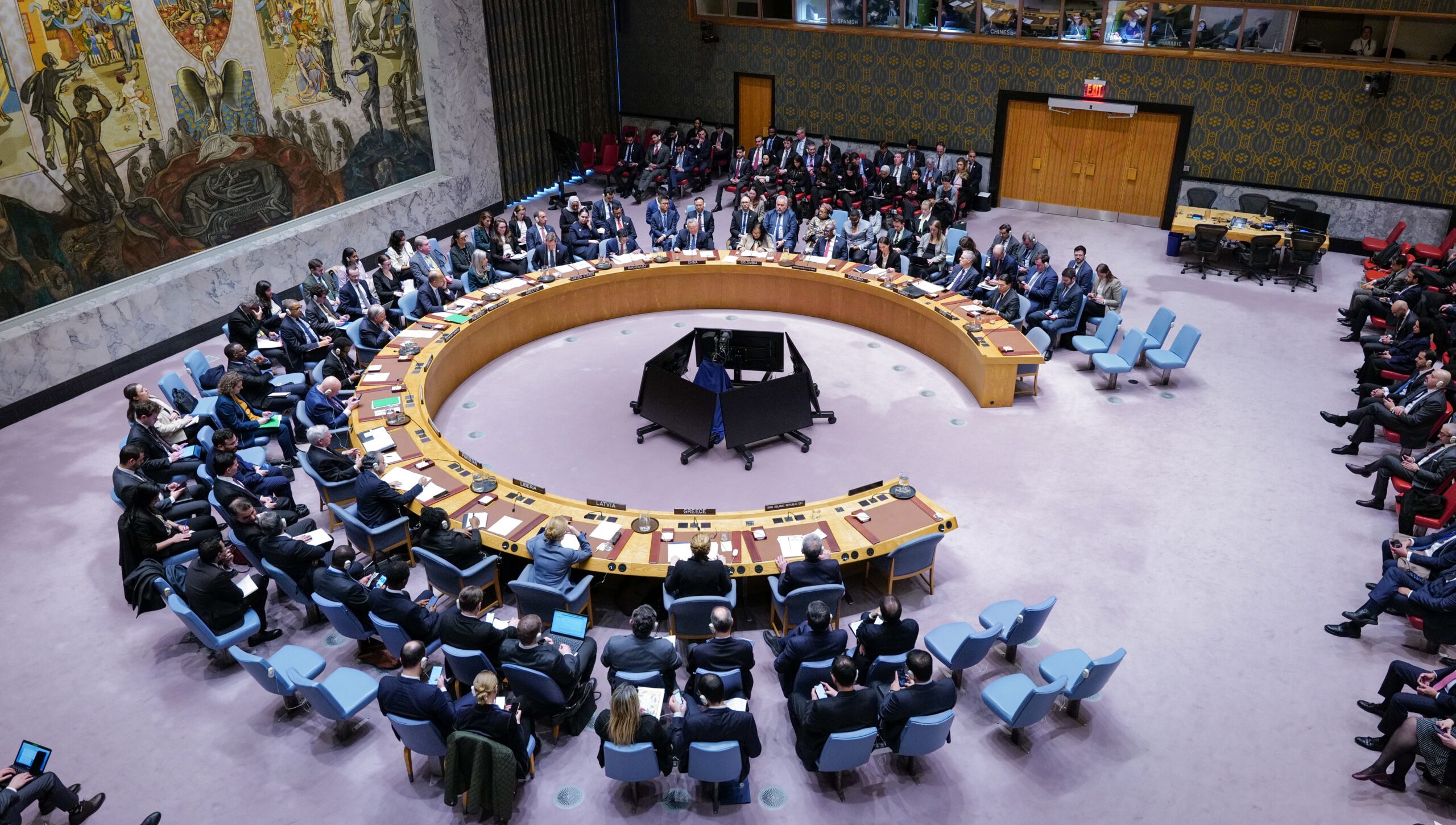
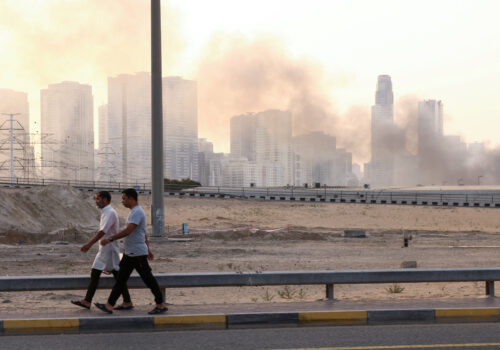
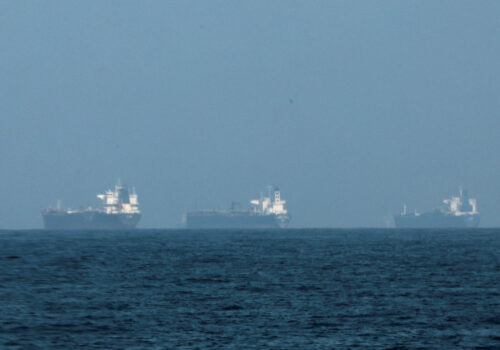
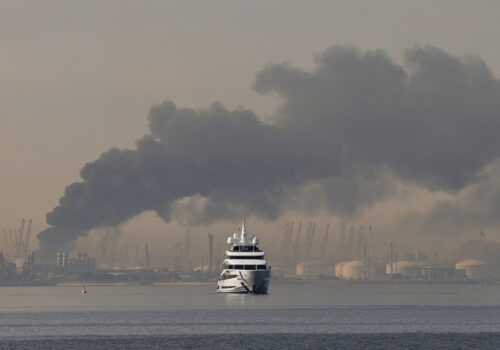
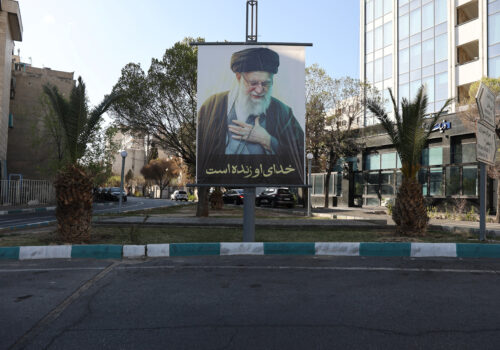
Follow us on social media